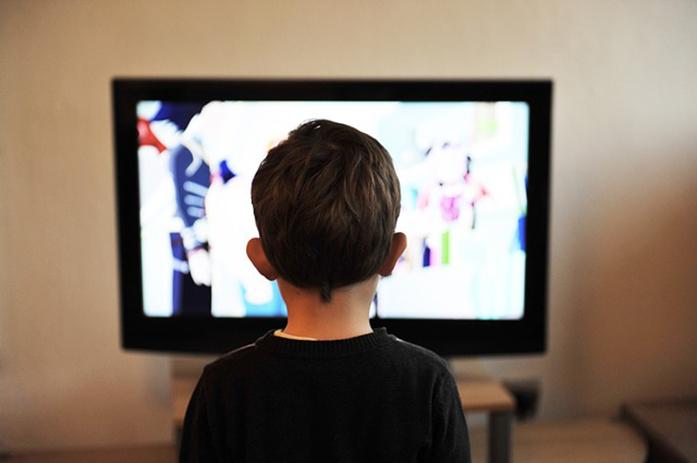Joe Lane
[email protected]
In the past few weeks, there have been a number of articles with headlines that start, “Move over millennials …” indicating that Generation Y is no longer in the limelight. Moreover, the next generation is reaching the age of adulthood and commanding more attention from marketers, politicians, and their peers.
Generation Z faces the unique challenge of solving many world problems created by their predecessors, but before they’ll have the opportunity to do so, however, they’ll have to do some growing up.
The New York Times, Forbes, and others have all been addressing, recently, the next generation. “Generation Z,” as it is appropriately being called, is defined as the group of individuals born between 1995 and 2010 — essentially those that have born during the aftermath of 9/11 and all of its consequences.
While 9/11 may be the event that signaled the beginning of this generation, it is only one defining characteristic. Unlike any generation before it — even the ever-controversial millennials — Generation Z is the first cohort to be considered “digital natives.” As 18-year-old UCLA student and blogger Hannah Payne says, “We are the first true digital natives … I can almost simultaneously create a document, edit it, post a photo on Instagram and talk on the phone, all from the user-friendly interface of my iPhone.”
Payne said, according to the Times, “Generation Z takes in information instantaneously and loses interest just as fast.” This issue poses an interesting challenge to anyone trying to capture the attention of this young generation. According to a Huffington Post article published last summer, Generation Z’s attention span is only 8 seconds and approximately 11 percent have ADHD.
In addition to a definitional hindered attention span, the generation is having a disproportionate impact on the spending of many households. Children, several sources indicate, have major impact on many of the purchase decisions of families. According to Forbes, 9.7 percent of adults claim that their children influence all of their purchasing decisions, compared with 7.6 percent last year.
But their current issues aren’t what is most intriguing about these teenagers. While their current insecurities and shortcomings will prove difficult for many currently in the work force to handle, it is their future potential that is most exciting. True, marketers of today will have to create quick messages that don’t require a lot of attention, but marketing is but a small part of the Generation Z equation.
As the Times indicates of Generation Z, “entrepreneurship is in their DNA.” In the past several years, young people have seen themselves in the likes of Mark Zuckerberg and Evan Spiegel. In an odd twist, this generation, predisposed to risk-aversion, has a thirst for entrepreneurial ventures.
Growing up, I was taught that stocks tend to pay off if the owner is patient — the market tends to rebound. Those in Generation Z do not hold this view, as their only experience with the market has been recession and recovery — prosperity has been held to a relative minimum.
The Times refers to the fact that Generation Z looks a lot more like the Silent Generation born in the mid 1920s to ’40s, concerned with the economy and career-driven than Generation Y. The article points out that this was also the wealthiest generation.
Marketers and politicians will be challenged by Generation Z. With a short attention span, strong control over their parents’ wallets, and an obsession with technology as a necessity, it won’t be easy to sway the young Generation Z. But as they grow, it’s possible that Generation Z could usher in a new age of American prosperity.









